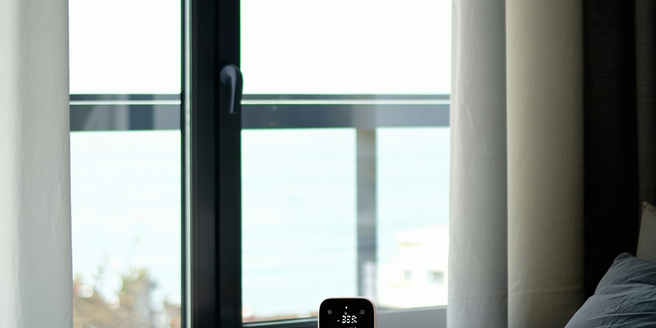Budgeting For Apartment Utilities

Understanding Your Monthly Utility Costs
Understanding your monthly utility costs is crucial for effective budgeting. Utilities typically include electricity, water, gas, internet, and occasionally services like trash collection. These costs can fluctuate depending on the season; for example, heating expenses tend to soar in the winter months, while air conditioning raises summer electricity bills. Usage habits, such as leaving lights on or excessive water consumption, also impact costs. It’s important to analyze previous bills to identify patterns or spikes in usage. This can help in predicting future expenses and highlight areas where conservation could reduce costs. Furthermore, in understanding these bills, residents can ensure accuracy in billing and avoid overcharges by verifying meter readings. Ultimately, tracking utility costs over time provides insights into household energy consumption and offers opportunities for savings.
How to Estimate Utility Expenses
Estimating utility expenses is essential for creating a comprehensive budget when planning to move into a new apartment. Start by researching the average utility costs for the area, as these often vary significantly depending on location and building age. Asking current or past tenants can provide valuable insight into typical monthly costs. Consider the apartment’s energy efficiency, checking for things like updated insulation, quality windows, and energy-efficient appliances, as these factors can reduce both heating and cooling expenses. Additionally, account for personal lifestyle and usage patterns, such as how often the heating or air conditioning will be used, to provide more tailored estimates. Utility companies may also offer online tools or estimates based on apartment size and expected occupancy. By gathering this information, you can better anticipate monthly utility costs and plan accordingly.
Tips for Reducing Electricity Bills
Reducing electricity bills can be achieved through a combination of small changes and smart investments. Start by being mindful of usage: turn off lights and unplug devices when not in use, as they consume power even when idle. Consider investing in energy-efficient appliances that consume less electricity over time, providing significant savings. Switching to LED bulbs also reduces energy consumption and has a longer lifespan than traditional bulbs. Using a programmable thermostat allows for setting temperatures based on time of day, reducing unnecessary heating or cooling when not at home. Insulating the apartment can prevent heat loss, keeping the space cooler in summer and warmer in winter, thus lowering HVAC usage. Lastly, taking advantage of natural light during the day can minimize the need for artificial lighting, further cutting down on electricity bills.
Managing Water Usage Efficiently
Efficient water management in your apartment not only helps in reducing water bills but also conserves a vital resource. Begin with small habits like turning off the tap while brushing teeth or using water-saving modes in dishwashers and washing machines. Installing low-flow showerheads and faucets can significantly cut water usage without sacrificing performance. Check for leaks regularly, as even a tiny drip can lead to wastage over time; repair them quickly to avoid unnecessary costs. Be mindful of water-intensive activities such as long showers or frequent use of washing machines, and try to reduce them. Consider capturing rainwater for non-potable uses or using greywater systems, if possible. Through vigilant use and minor adjustments, you can effectively manage water use, contributing to environmental conservation while keeping your utility expenses in check.
Keeping Heating Costs Under Control
Keeping heating costs under control involves both cost-effective practices and understanding your heating system. Begin by setting your thermostat to a lower temperature at night and when you are out, which can greatly decrease wasteful heating. Dress warmly inside the home and use blankets to require less artificial heating. Sealing drafts around windows and doors can prevent heat from escaping, improving efficiency. Consider using heavy curtains to retain warmth, especially at night. Regular maintenance of your heating system ensures optimal performance; a poorly maintained system can lead to increased consumption and costs. Avoid obstructing heating vents, as this prevents effective circulation of warm air. By combining these practices with vigilance in monitoring heating habits, you can significantly reduce heating costs while maintaining a comfortable living environment.
The Role of Internet and Cable in Your Budget
Internet and cable services are essential, yet often overlooked components of an apartment budget. Assessing your actual usage needs can prevent overspending on faster speeds or more channels than required. For those primarily using streaming services, consider reducing cable packages or cutting the service altogether. Comparing provider packages and negotiating prices can result in significant savings; many companies offer promotional rates if you commit to a longer contract. Additionally, bundling internet and cable services could offer cost benefits. It’s important to regularly review bills to ensure no unexpected charges appear, and take advantage of any available discounts or loyalty rewards. Understanding the balance between cost and need for internet and cable enables you to allocate finances more effectively, reducing overall monthly expenses while maintaining necessary access.